Adaptation is critical at Mark’s Cotswold Bakery. As the name suggests, the husband-and-wife run bakery is nestled in the Cotswolds on Heath Farm in Chipping Norton from which it serves a growing and fiercely loyal customer base of chefs and hospitality businesses fondly known as “the club”.
The business is thriving having recently moved into the new 4,700sq ft production space from which owners Mark and Sharn Woodgate and their 20-plus staff produce 5,000 sourdough loaves, 1,300 sourdough ciabatta and 14,500 semi brioche buns a week by hand.
But getting to this stage, and simply finding a location to meet their needs, required a lot of adaptation. The business has been in “survival mode” for the five years since it was established owing, in some parts, to global issues but the rural location has definitely added to the pressures.
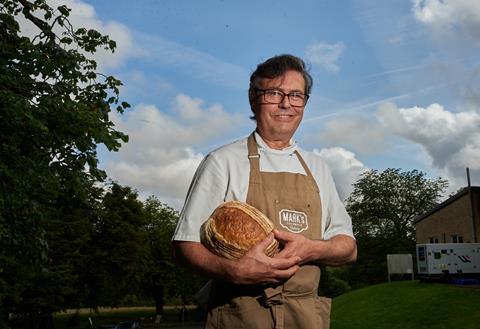
“Rural Oxfordshire doesn’t have enough electricity,” Mark explains. The new site is officially the bakery’s fourth but technically its fifth – another site was secured but they couldn’t get electricity for it. “We searched for months to find a place which had the space and environment for our baking needs and could also supply the energy we need for the ovens and delivery vehicles,” he adds.
The bakery supplies to colleges, hotels and gastropubs in Oxford and Cheltenham and uses electric vans to avoid emission charges. “It was incredibly hard finding electric vans that were the right size for us, but that was nothing compared with the battle to secure an energy supply. And I can’t begin to tell you the challenges of waste collection in a rural location,” he adds.
A breath of fresh air
There are many advantages to the Cotswold location though. Most notably access to a host of wonderful ingredients – all of which are essential to the success of the sourdough. The flour comes from Matthews Cotswold Flour, which has a special connection to the business as managing director Bertie Matthews offered the pair 160sq ft of the mill’s test bakery when they started up.
Sharn notes that the bakery has dabbled with other suppliers, but it just didn’t yield the same results as “Mark’s recipe is integrated with Bertie’s flour”, even if the nature of artisanal flour means that “every pallet is different”.
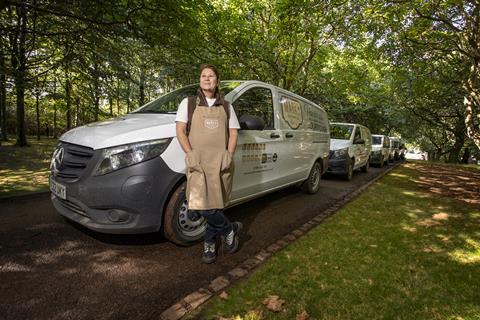
“Sourdough is an interaction between the baker, the flour, and the environment,” believes Mark, who was a finalist in the Baker of the Year category at the 2021 Baking Industry Awards. “The air in the mill – so important to the flour and sourdough through the action of natural yeasts – blows in from the trees and fields of the Evenlode valley. Our new premises is located at the heart of an organic nut farm, so we’re surrounded by trees and meadows here too in the Swere Valley, even the water we use is drawn and filtered right on the farm.”
These homegrown ingredients result in the Cotswold Crunch Loaf being described as having a ‘deliberately superior light, airy and squishy texture’. The semi brioche buns (made with an additional malted barley extract rather than butter) are described as ‘light as a feather’ and have found favour with many local restaurants for use as burger buns.
Expanding product range
Another benefit to the new site is that the bakery now has a lamination room – a key part of its recipe for growth over the coming years. Head baker Ismail Hakki Aygün, who has already developed sourdough bagels and sourdough crumpets, can now offer a range of sourdough croissants.
Mark and Ismail bring different talents to the table. Mark describes himself as an “empirical baker”. “I know what works because I’ve tried everything else,” he says. “I can look at the dough and know when its proved and when it’s not quite right, I know how to tweak it to make it work.” Ismail, meanwhile, is far more technical, according to Mark, who says he’s “almost a scientist”.
All the bakers are trained in-house and on every aspect of production to ensure Mark and Ismail’s exacting standards are maintained, but to also keep things varied and interesting for them.
A wider product range will also help the bakery expand its retail selection and customer base. At present, it supplies around 30 local shops and garden centres.
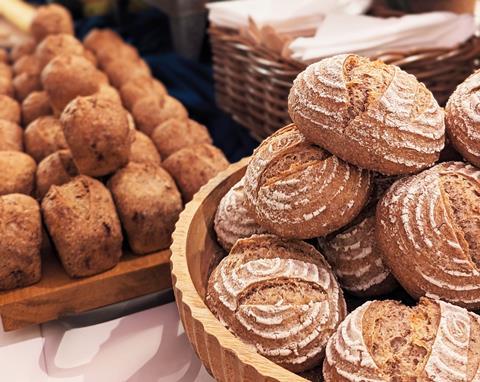
This side of the business, which now accounts for around 25% of turnover, was borne out of necessity as Mark’s Cotswold Bakery was one of the many which saw its trading crumble as Boris announced lockdown. “Suddenly we needed a brand because we needed people to buy our loaves,” notes Sharn. Up until now, she admits that the retail side has largely been left to do its own thing, growing as a result of word of mouth – but that is set to change.
“For the next three to five years, I see that as a whole area I can develop into a completely separate part of the business and grow in its own right,” Sharn explains. “And it’s quite a nice backup to have with hospitality, which is very much highs and lows because it’s about summer bank holidays, half terms, Christmas – whereas retail is much more consistent.”
The pair are insistent that a Mark’s Cotswold Bakery shop isn’t on the cards. “We will never have our own shop because firstly we don’t need one, but also I’m really into the non-wastage element of what we do – every single crumb, every morning is being used,” Sharn notes.
“This might sound counter-intuitive, but we need to make sure we stay focused and don’t end up with too big a footprint where we’re stretched too much,” she adds.
That can mean saying no to chefs and restaurateurs who want to join “the club” but are too far away or don’t hold the same values. “Our business ethos is very much about supporting local business. If someone phones me and says, ‘how much is your bread?’, and they’ve got a procurement sort of tone to their voice then we’re not remotely interested.”
The club, then, remains an exclusive one for a select few in the Cotswold and an even luckier few just beyond.



















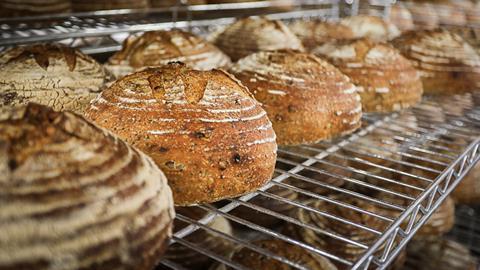
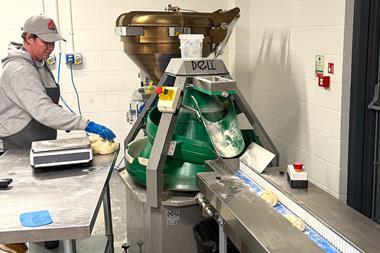

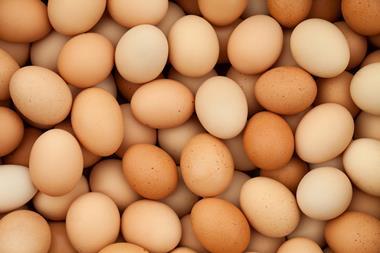

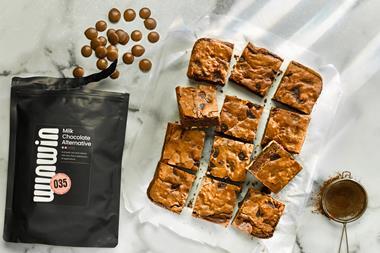
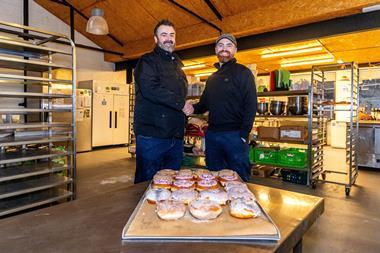
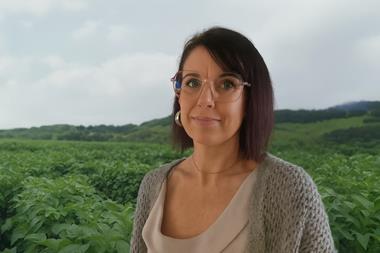

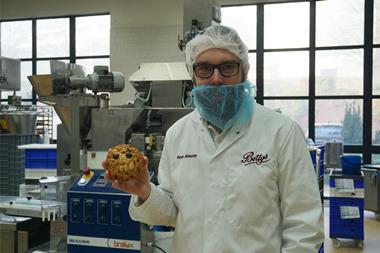

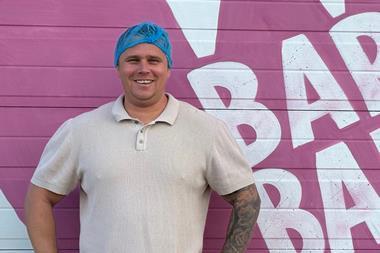
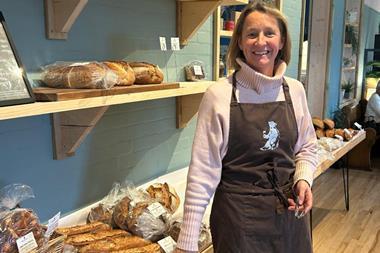

No comments yet